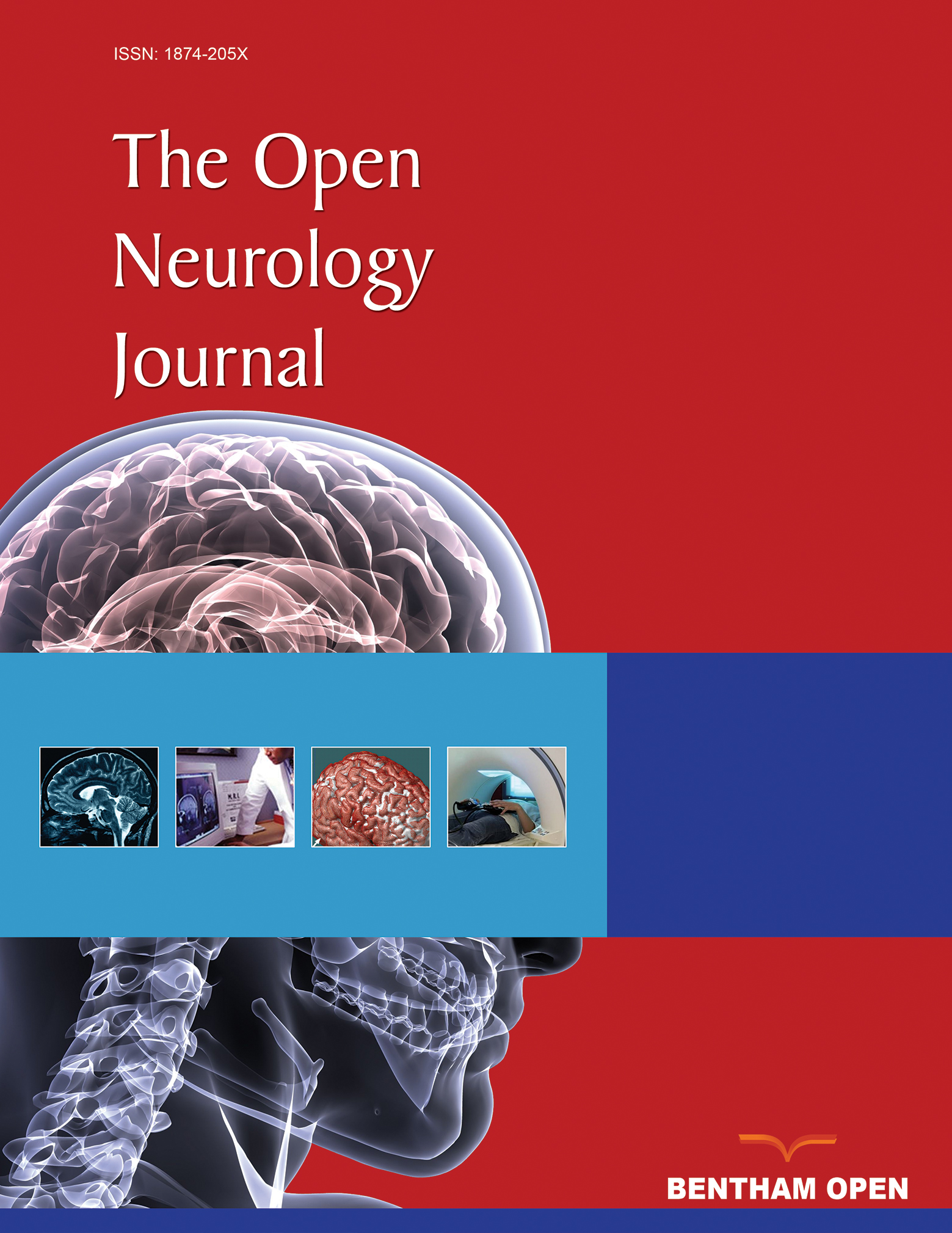Structured Didactic Teaching Sessions Improve Medical Student Neurology Clerkship Test Scores: A Pilot Study
Abstract
OBJECTIVE: To determine the effectiveness of didactic case-based instruction methodology to improve medical student comprehension of common neurological illnesses and neurological emergencies. SETTING: Neurology department, academic university. PARTICIPANTS: 415 third and fourth year medical students performing a required four week neurology clerkship. MAIN OUTCOME MEASURES: Raw test scores on a 1 hour, 50-item clinical vignette based examination and open-ended questions in a post-clerkship feedback session. RESULTS: There was a statistically significant improvement in overall test scores (p<0.001). CONCLUSION: Didactic teaching sessions have a significant positive impact on neurology student clerkship test score performance and perception of their educational experience. Confirmation of these results across multiple specialties in a multi-center trial is warranted.


